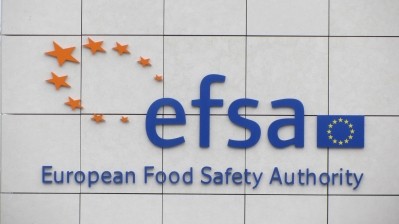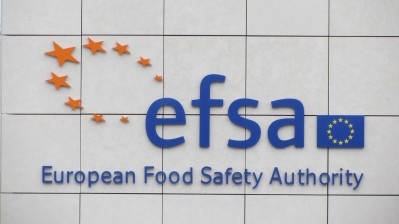EU ombudsman finds against EFSA in 'conflict of interest' case

The Ombudsman has agreed with Testbiotech's complaint that EFSA did not observe the relevant procedural rules and did not carry out a sufficiently thorough assessment of the potential conflict of interests arising from the move of a former member of its staff to a biotechnology company.
The case invovles Dr Suzy Renckens, who was former head of the unit responsible for the risk assessment of genetically engineered plants at EFSA for five years. She took up the post of regional manager for biotechnology regulatory affairs at Syngenta, a company that produces and markets these plants, two months after leaving her post at the EU agency.
Call on EFSA rules and procedures
The Ombudsman said that the EU risk assessor should strengthen its rules and procedures with regard to negotiations by serving staff members over future jobs of the ‘revolving doors’ type.
“If a similar case arises in the future, EFSA should obtain sufficient information, including …. a precise description of the proposed new employment, and possible links between the new and the previous employment,” states the Ombudsman’s findings.
Christoph Then from Testbiotech told FoodNavigator.com that it welcomes the ruling and the fact that such an institution as the Ombudsman exists following rejection of its original complains by both EFSA and the Commission. “The ramifications of the ruling will have relevance not just for how EFSA does business but how all EU institutions work in this regard,” added Then.
The Testbiotech spokesperson notes that EFSA did not raise any objections or impose any obligations in relation to Dr Renckens’ new job, despite the fact that EU public service bodies can block former employees from taking up new posts where there may be a conflict of interest.
EFSA now has until 31 March next year to respond to the judgement of the Ombudsman who has the power to table the issue in the European Parliament.
EFSA reaction
In an emailed statement to this publication, EFSA said it received the Ombudsman’s report and will be considering it carefully. “It contains draft recommendations which are still subject to a contradictory procedure which will lead to a final conclusion. ESFA will be replying within the deadline.”
The EU risk assessor said it has strengthened its procedures related to staff leaving the agency, “building on the experience gained in the past”.
“EFSA has adopted rules which bind all EFSA staff leaving the Authority to behave with integrity and discretion as regards the acceptance of certain appointments and benefits.”
The Authority added: “As regards Ms Renckens, it should be noted that if EFSA were aware of evidence to suggest she has breached her responsibilities towards EFSA after her departure, appropriate action would have been taken.”
CEO says cooling-off period needed
Vicky Cann, a campaigner with the NGO, Corporate Europe Observatory (CEO), told this publication that it believes a ‘two year’ cooling-off period would have been appropriate in this case, where there is a “very specific risk of conflict of interest”.
She said this incident shows up the inadequacies of EFSA's approach to revolving door cases, of which she said there are many more. “For example, David Carlander from Sweden was Scientific Officer at EFSA, working on guidance for the use of nanotechnology in food and joined the Nanotechnology Industries Association as a lobbyist in September 2011,” notes Cann.
The CEO said it awaits with interest the report by the European Court of Auditors which has been exploring how several European agencies, including EFSA, handle conflicts of interest. This report is due in February 2012.












